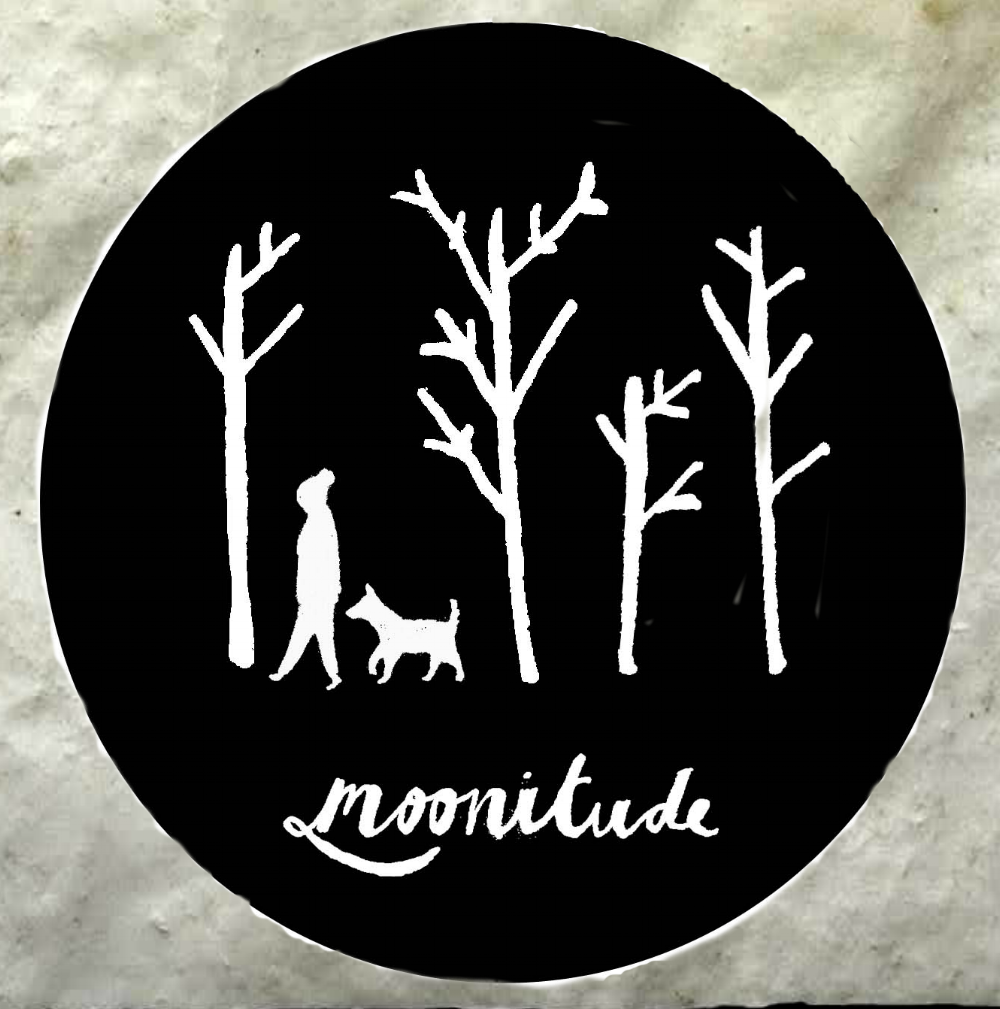Recovering Creativity

To live a creative life, we must lose our fear of being wrong. – Joseph Chilton Pearce
After I wrote about the book entitled “The Artist’s Way” by Julia Cameron in my last post, one reader said that within days it was recommended to her by somebody else. Another said she was at a friend’s, borrowing a book when The Artist’s Way fell off the shelf. “It looks like you’re meant to read this one, too,” her friend said. The book was copyrighted in 1992, so it’s not new. Who doesn’t love an affirmative coincidence, especially one that's about heeding the still, small voice within and recovering creativity?
Spring is a great time to think about change, as bold colored flowers emerge along the horizon of gray in the New York landscape. We’re coming out of a bitter winter. None of my friends or family bemoaned the endless stretch of frost and wind that howled through the trees; perhaps we each thought of Hurricane Sandy, a reminder that it could be worse. Or maybe nobody wanted to prod, to see who harbored a monsoon of complaints; because, except for snow, the forecast was consistent: windy and frigid. We made known our preferences by asking questions, like: Isn’t it nice to see the sun? The sun was enough to inspire a stroll.
I grew up in Brooklyn, where everybody walked to stores, especially when weather included ice or snow. The avenue and stores were close by and, with a shopping cart, the walk was easier than dodging vehicular congestion or losing the parking spot at home. On Long Island, though, if somebody walks along an avenue or turnpike, it creates concern. But in order to follow through with the assignment in The Artist's Way to embark on an “Artist’s Date,” I decided I’d walk the longer route through the neighborhood and head to a local shopping center.
By the end of the driveway, I considered the gray sky while a bitter wind blew. I wasn’t bundled for it, so I went back inside and returned with a hood, ear muffs, scarf and gloves. By the second return to the end of the driveway, the clouds burst and dropped a frosty, saturating mist that covered my face. Just great. I circled the front of the house until I tightened my hood and walked my inner martyr into the street. We'd walk anyway, dagnammit. The mist stopped and so did my whining. Soon I milled up and down aisles in stores, sniffing candles and handling everything. Nobody said it was supposed to be great. It was just supposed to happen, and because it happened, it was great.
In “The Artist’s Way,” Cameron wrote that often other blocked artists sit on the sidelines, critiquing those in the game. Big deal, so you took a walk? I run fifteen miles per day, work two jobs, breastfeed an infant. A New York Times bestselling author, Ellen Meister, said to put criticism in perspective, consider that some of the world’s greatest classics were given harsh reviews. I checked out, for instance, Don Quixote, by Miguel De Cervantes on Amazon and right on top, beside the five star, was a three star review that essentially said the unabridged version was too wordy. Criticism is part of life, but allowing offense to create road kill is optional.
Back when I was idealistic, somebody at a party made a bold statement: “I hate Angela Lansbury,” she said. My eyebrows shot into my hairline. Angela Lansbury was the red-headed star of Murder She Wrote. She was smooth, smart, cool. I felt indignant. “How could anybody hate her?” I asked. Somewhere deep inside was the underlying fear, Gawd, if she doesn’t make it to the love list, I sure as hell won’t. My father-in-law leaned over and whispered: “You can’t argue with somebody’s opinion.”
 One man's flowers is another man's weeds
One man's flowers is another man's weeds
That revelation was like viewing the moon at close range through a small window. I was breath taken, but I couldn’t take it all in. The wisdom of that one statement saved the need for smelling salts when a friend later said that Mother Teresa was overrated.
I’d read a couple of books, one written by Mother Teresa, another about her. I recall that, when asked about her garb or dress, she stated she’d gladly change it if it bothered anybody. I guess it never bothered anybody where she traveled. Her constituents appreciated kindness, many of them were poor or ill and making the journey “home.”
Still I wondered how one justified that sort of critique. If they could hate Angela Lansbury and pass judgment on Mother Teresa, what hope was there for the rest of us? I thought of the statement my father-in-law made, and the view of the moon in the window improved when I watched a documentary called “Enlighten Up.” There was so much I appreciated about the film. I was drawn into the characters, especially the perspective of the journalist, Nick Rosen, who was hired to investigate yoga. The filmmaker, Kate Churchill, wanted to prove that anybody could be transformed by yoga. But for the journalist, it was a job and nothing more. He had no interest in yoga. He sought facts, evidence, and information, and that’s what made his interviews and commentary so much fun. I’ll leave the outcome to you, just in case you’re interested.
The likeable gurus that Nick interviewed spoke plain and simple about the human condition. And one pointed to the guy who stood nearby. He said (paraphrase): You may not be for him, and he may not be for you. It was simple, but profound. Not everybody will be to everybody’s liking, not Mother Teresa, nor Angela Lansbury. As I write this last line and prepare to publish, a nagging thought occurs: what if my critics hate this? And then, heeding the still, small voice within, I check "publish."
